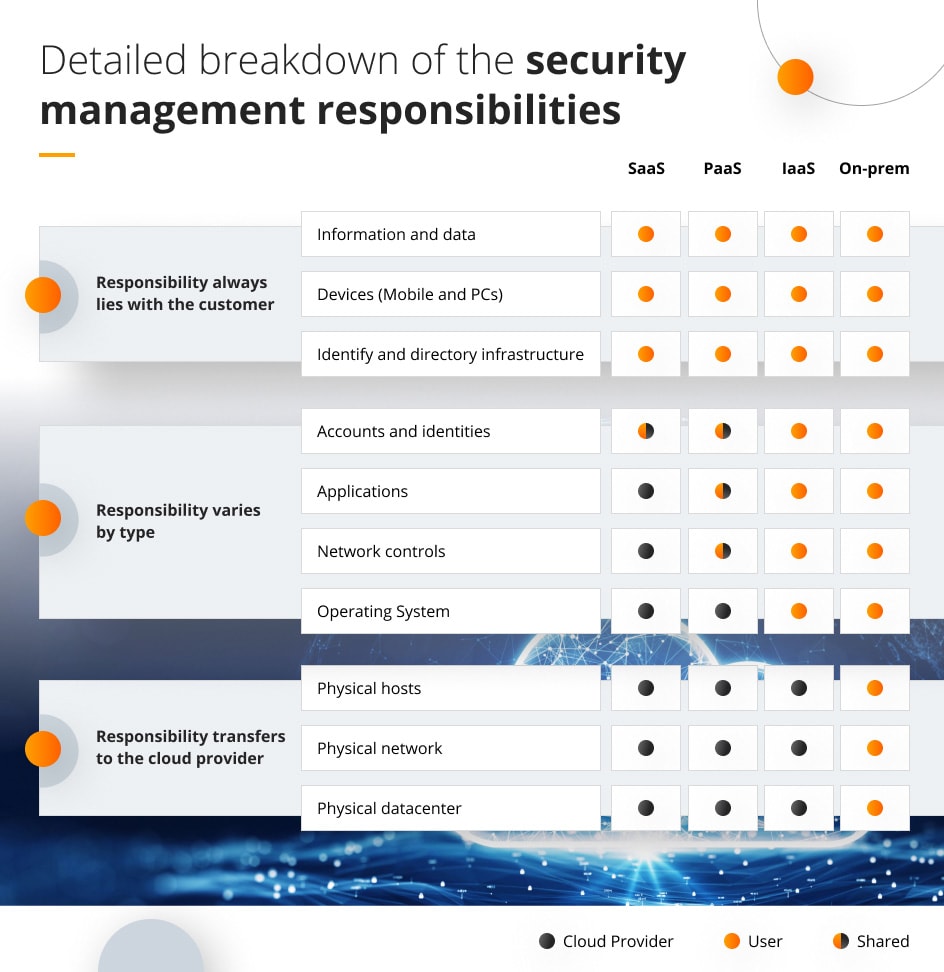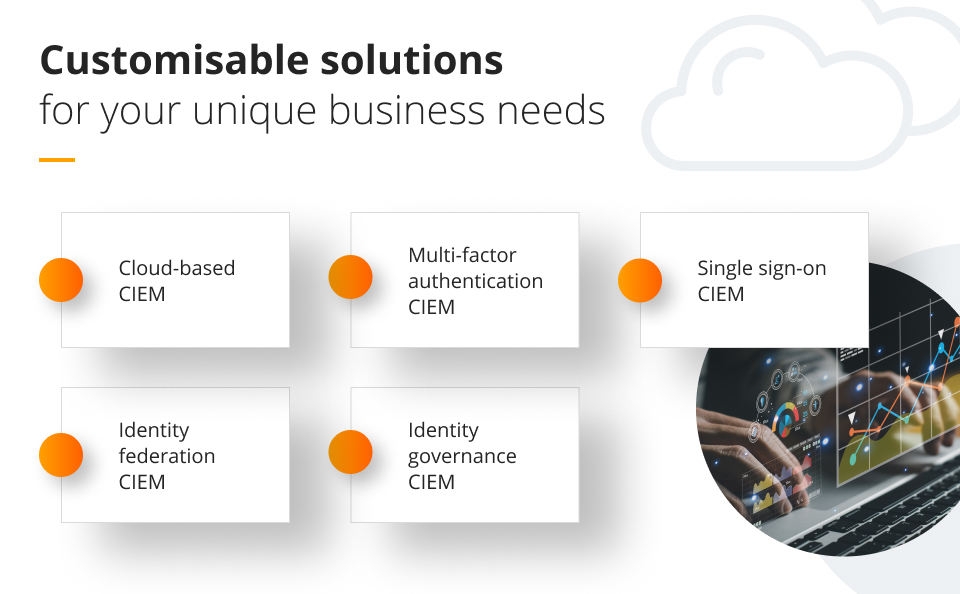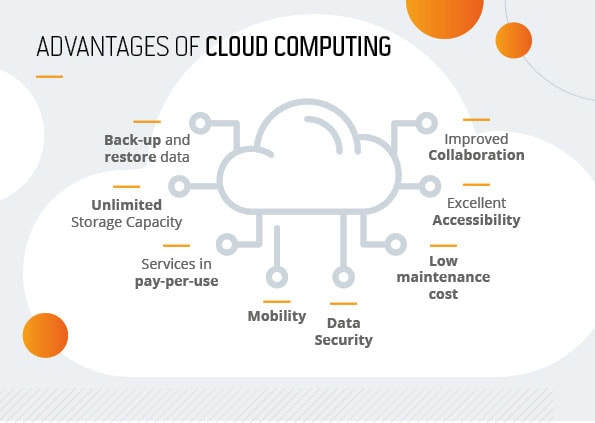
Enterprise Mobility: Management and Security in Business
With people – be they business users or consumers – continually ‘on’ their mobile devices, a mobile presence has become a must-have for all companies. Mobility has already changed the way we do business, but what does it really mean to be mobile?
What is enterprise mobility?
For some companies, it will be the opportunity to work from anywhere. Others will stress the importance of remote access to the company’s network or the ability to use their email on any device. For us, however, it is much more than just wireless connectivity.
Mobility continues to change the way we do business. The importance of information technology in enterprises has vastly increased since not only devices are portable, but so are content and services.
From day to day, we move from the world where no one was talking about bring-your-own-device (BYOD) to the reality of multiple devices per person and countless wireless connections.
As a result of these changes, protecting corporate data in an increasingly mobile and linked world requires strong IT policies and security architecture. Managing company data on personal devices is becoming an increasingly important issue, influencing how companies see mobility and data security as the boundaries between personal and work devices continue to erode.

How business mobility is redefining the modern work environment?
The use of Information Technology (IT) in daily operations has evolved significantly. The traditional approach of using IT on an operational level has been replaced by cloud computing and remote desktop access, making it necessary for companies to have a mobile presence.
This shift has changed the way we conduct business, as employees are no longer restricted to working from the office. Instead, they can access everything they need with just a click from any location and on any device.
In this landscape, the emergence of mobile device management (MDM) has become crucial. MDM ensures that devices are secure and corporate data is protected while offering the flexibility of Bring Your Own Device (BYOD). With a shift in attitude towards the use of personally owned devices for work, BYOD is gaining popularity, and company policies must adapt to this change.
The impact of business mobility on work culture
It all boils down to the fact that mobility is now the top priority for businesses. It will be one of the key drivers of business change in the upcoming years.
Since new operating systems and mobile devices enter the market almost daily, companies have no choice but to adjust business processes to the mobile world.
Mobility offers several key advantages:
Operational Agility and Efficiency: Helps organisations operate more flexibly, execute tasks quickly, and reduce running costs.
Supporting Remote Workers: Ensures business continuity, giving companies a competitive edge and market differentiation.
Employee Productivity and Motivation: Employees can access information quickly, leading to increased productivity and motivation.
Work/Life Balance: Improved work/life balance and reduced commuting time increase job satisfaction.
In some cases, mobility allows emerging companies to outperform those with already established positions; therefore, the real question shouldn’t be why your business needs mobility but rather how fast you can change the way your employees work.
A little imagination is just enough to introduce and capitalise on mobile technology. Proactive companies that prepare for this shift will stay ahead and gain a competitive advantage sooner rather than later.
The role of leadership in driving business mobility initiatives
In driving business mobility initiatives, leadership plays a key role. It’s about more than just introducing new tech; it’s about steering the whole organisation towards a more flexible and mobile-friendly way of working.
Leaders are there to make sure this shift aligns with the company’s overall IT strategy. They need to balance the excitement of new possibilities with practical matters like access management, security and training. As part of their role, they are responsible for promoting essential investments, guaranteeing secure access and compliance, efficiently communicating the advantages, and overseeing changes.
This approach is essential for staying competitive and keeping both employees and customers happy.

Navigating the challenges of enterprise mobility management
Navigating enterprise mobility management (EMM) involves juggling security with the convenience of mobile device usage in businesses. The main goal is to let employees use smartphones and tablets safely for work.
Securing company data is a major challenge, particularly with many employees using their personal devices. Enterprise Mobility Management (EMM) tools can help by adding security layers such as encryption and remote data wiping. These tools must work seamlessly across various devices and systems, like Android and iOS, to ensure everyone is on the same page.
Balancing a good user experience with tight control is crucial for successful EMM implementation.
You also may be interested in:
Crafting a robust security framework for enterprise mobility
Creating a solid security framework for enterprise mobility involves several key steps:
Identity and Access Management: Control who has access to what in the company’s systems, ensuring user information and resources are secure.
Unified Endpoint Management: Secure a variety of employee and corporate devices like computers and phones, using cloud technology for more effective control.
Data Protection: Implement strategies for tracking and encrypting data to safeguard it.
Cloud Security Architecture: Monitor cloud access, assess risks, and protect against threats to maintain secure cloud environments.
This approach ensures comprehensive company data protection across various employee devices and platforms.

Preparing your business for the mobility revolution with Future Processing
Getting your business ready for the mobility revolution is crucial, and working with a company like Future Processing can really help.
We specialise in IT and software solutions and can guide your business in digital transformation. This includes mobile application management, making your current systems work well on mobile devices, and keeping mobile data secure.
We focus on your specific needs, crafting solutions that boost mobility without sacrificing efficiency. With Future Processing’s help, your business can stay up-to-date in the fast-moving digital world, offering a better, more connected experience for both employees and customers.



